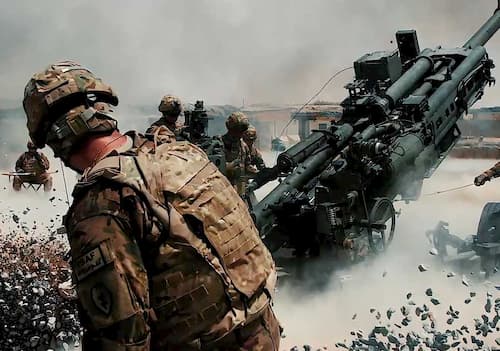29 September 2011 –The United Nations envoy for Afghanistan today stressed the need to seize the window of opportunity for dialogue and reconciliation that exists, despite the recent killing of the former Afghan president who was spearheading peace efforts in the country.
“The road to peace is never smooth,” Staffan de Mistura, the Secretary-General’s Special Representative and head of the UN Assistance Mission in Afghanistan (UNAMA), said as he briefed the Security Council on the latest developments.
He added that the assassination last week of Burhanuddin Rabbani, the former president who was also head of the High Peace Council, is not the end of the peace process. “It is a moment for the Afghans to recalibrate… a moment that calls for national unity among the leaders and people of Afghanistan,” noted Mr. de Mistura.
“There is no alternative to a political solution,” he stressed. “And there’s been a window of opportunity for talks to begin, albeit very narrow and clearly fragile, and we need to pursue it.”
The Special Representative added that peace is “a process, not an event,” and in order to be sustainable and deliver lasting results, it must be broad-based and include all Afghans.
“The priority must continue to be a dialogue among Afghans themselves, led by them, with non-Afghans like all of us playing a supportive role, if and when required.”
Secretary-General Ban Ki-moon said in his latest report on the situation in Afghanistan, released this week, that he remains “cautiously optimistic” about signals of an emerging dialogue as a prerequisite for the development of a broad-based peace and reconciliation process.
“I therefore urge all Afghans not to succumb to the politics of mistrust, intimidation, fear or revenge, but rather to work together towards reconciling their differences by engaging in constructive dialogue and shaping the framework for a sustainable peace,” he wrote.
“The momentum for dialogue and reconciliation may be increasing and we must seize this opportunity while it presents itself,” Mr. Ban added.
The Secretary-General also noted that recent months witnessed “considerable political volatility and disconcerting levels of insecurity” for the Afghan people amid a process of transition to Afghan leadership and responsibility for security.
He voiced deep concern about the increasing number of civilian casualties and the effect that the armed conflict is having on civilians who are caught in the middle. The overall volatile security situation also creates a challenging environment for national and international civilians, including UN and UNAMA personnel, to operate in and deliver on their mandates, he added.
Mr. de Mistura echoed the concern about the human cost of the conflict in the lives of average Afghans. While the number of security and military incidents may be fewer, there is no question, he stated, that, as compared to the past, “the overall level of civilian casualties is still high – too high.”
“The need for a surge in the protection of civilians needs to be constantly our focus,” he added.
According to the Secretary-General’s report, as at the end of August, the average monthly number of incidents for 2011 was 2,108 – up 39 per cent compared with the same period in 2010. Armed clashes and improvised explosive devices continued to constitute the majority of incidents, and insurgents continued their campaign of intimidation, including through targeted assassinations of high-ranking security, political and religious officials.
“Despite our efforts to stabilize our country, Afghans still suffer from an endless campaign of terror carried out by Afghanistan’s enemies,” the country’s Minister of Foreign Affairs, Zalmai Rassoul, told the meeting.
He affirmed that despite the assassination of Mr. Rabbani, the High Peace Council will continue its mandate for peace and reconciliation.
“To help end the conflict, and meet the demands and aspirations of the Afghan people for a durable, dignified and inclusive peace, we will work to bring back to social, economic and political life all members of the armed opposition willing to renounce violence, sever ties with terrorist groups, and accept our constitution,” he stated.
Source: United Nations


